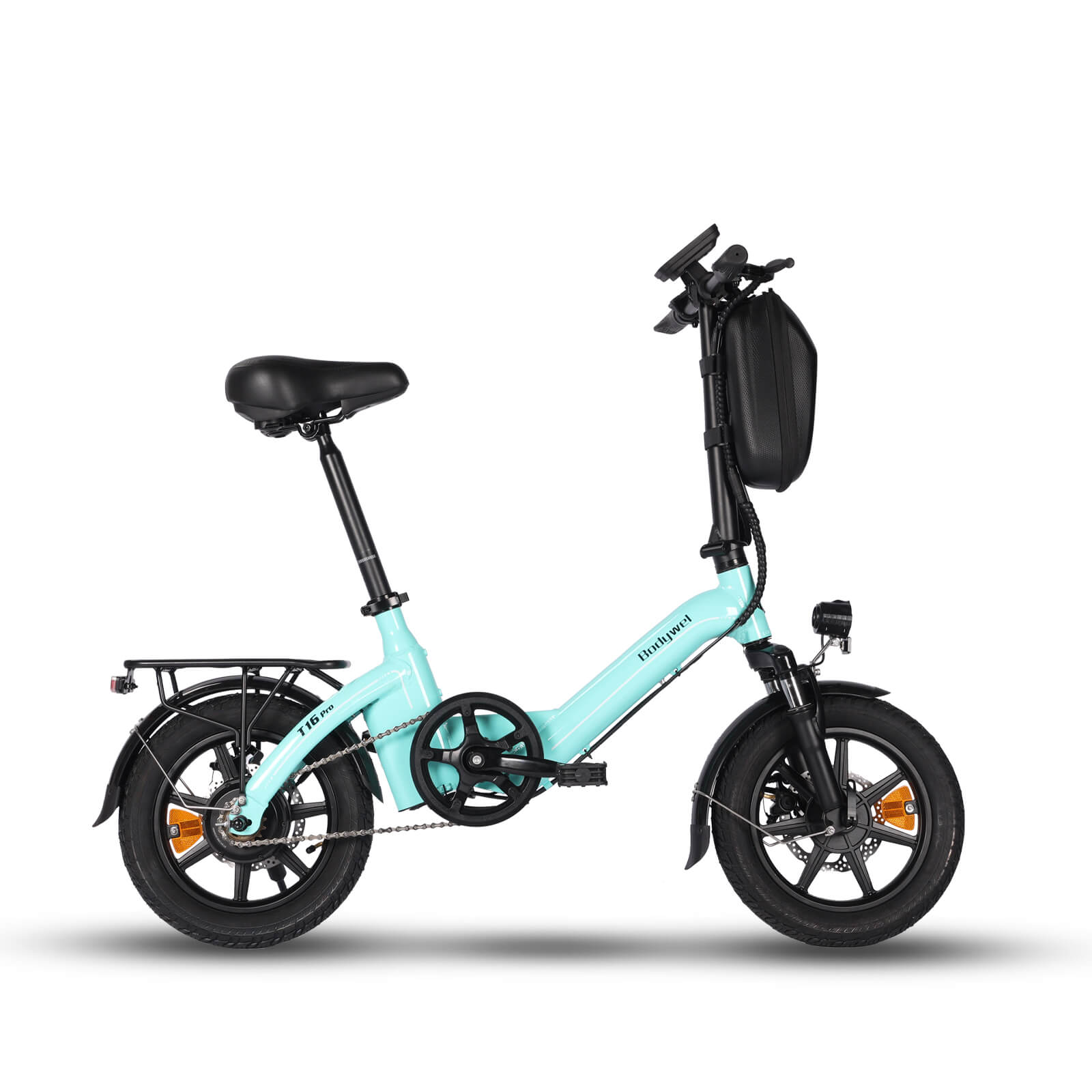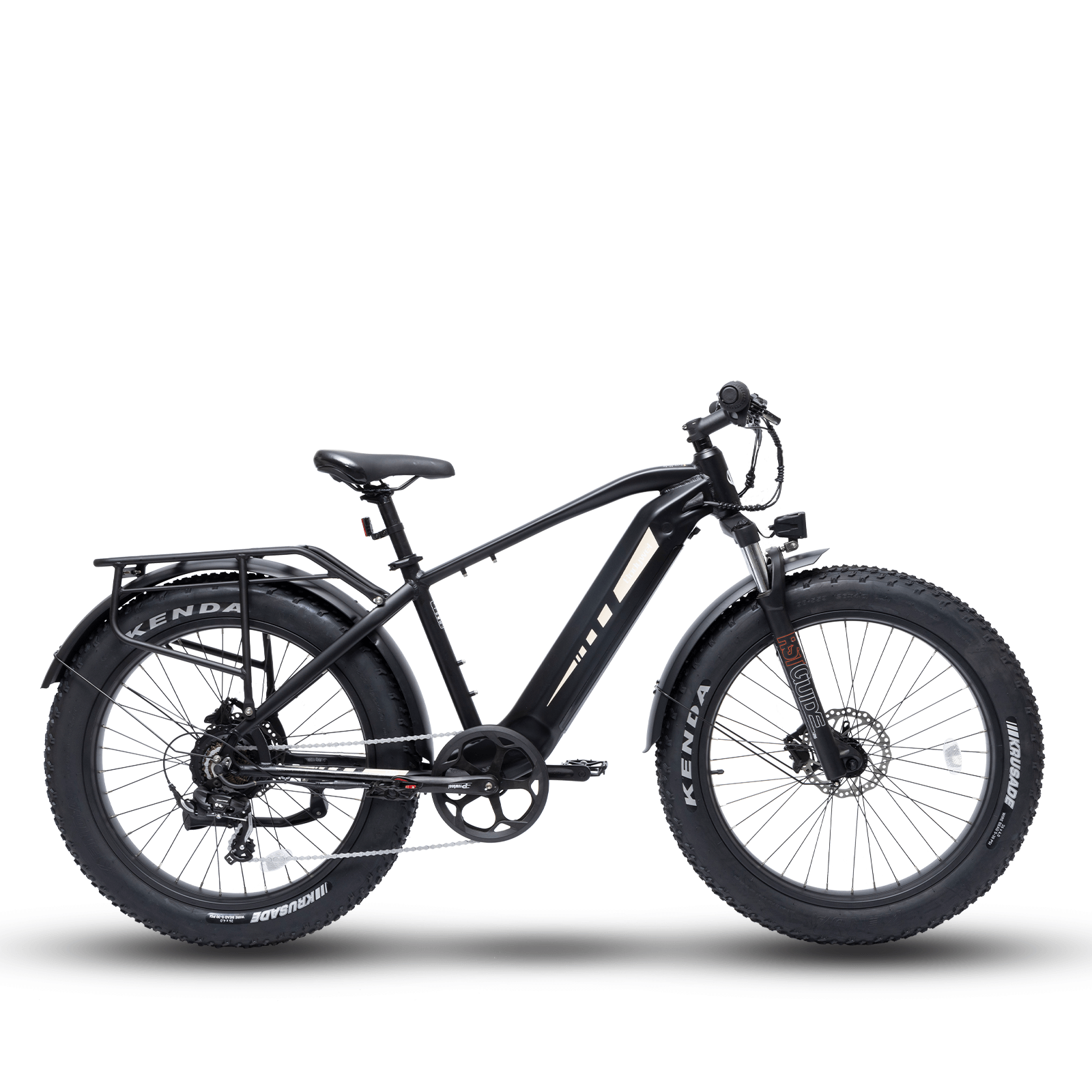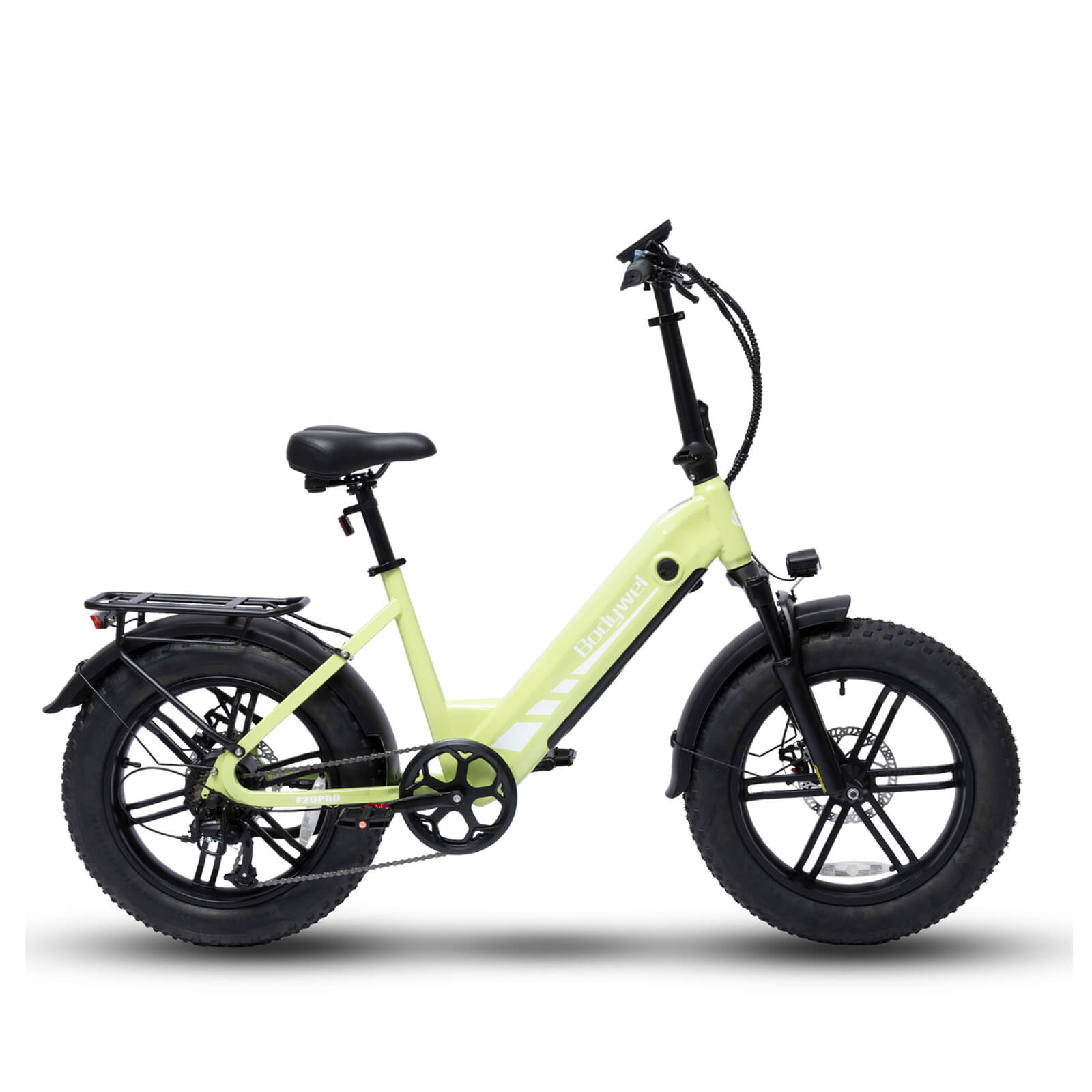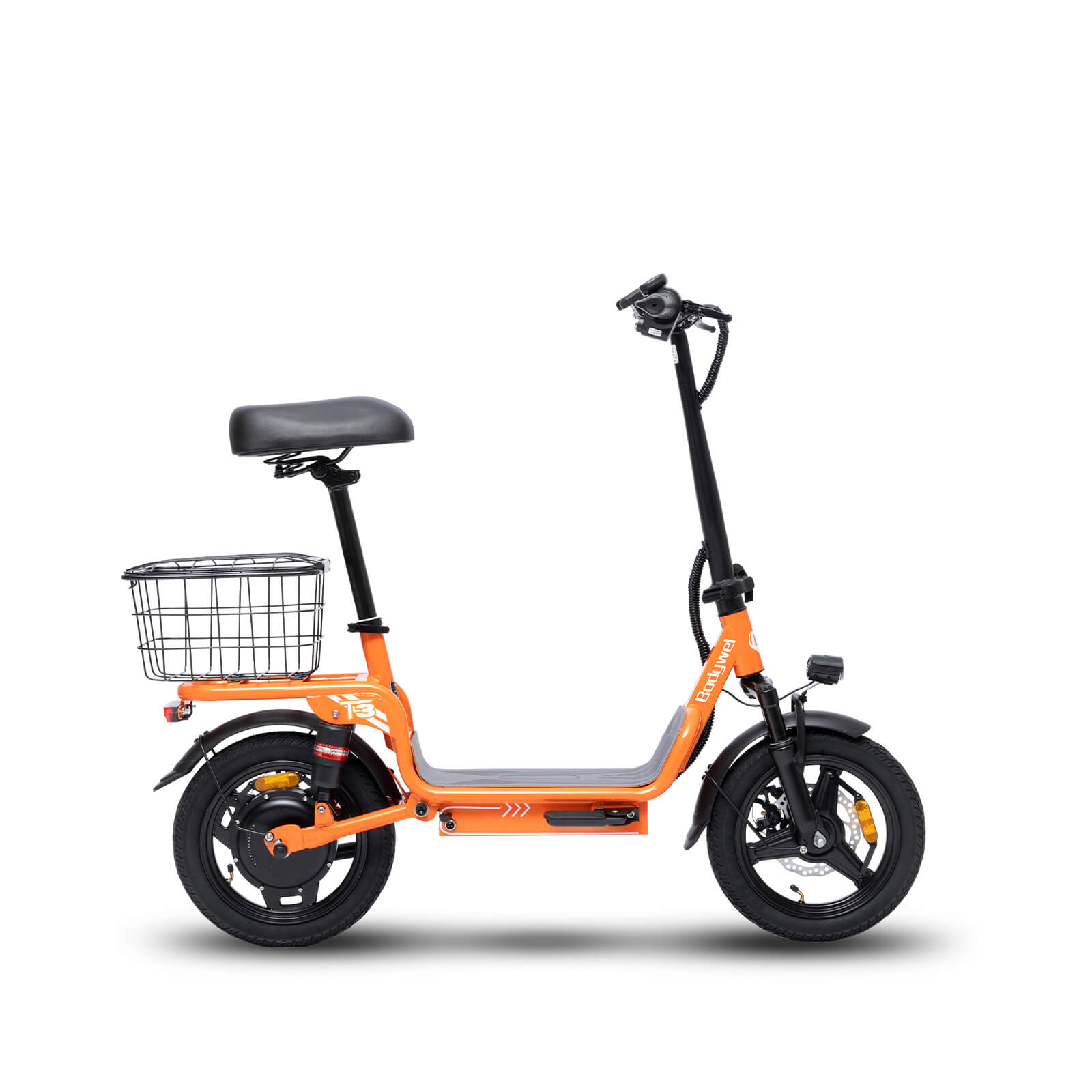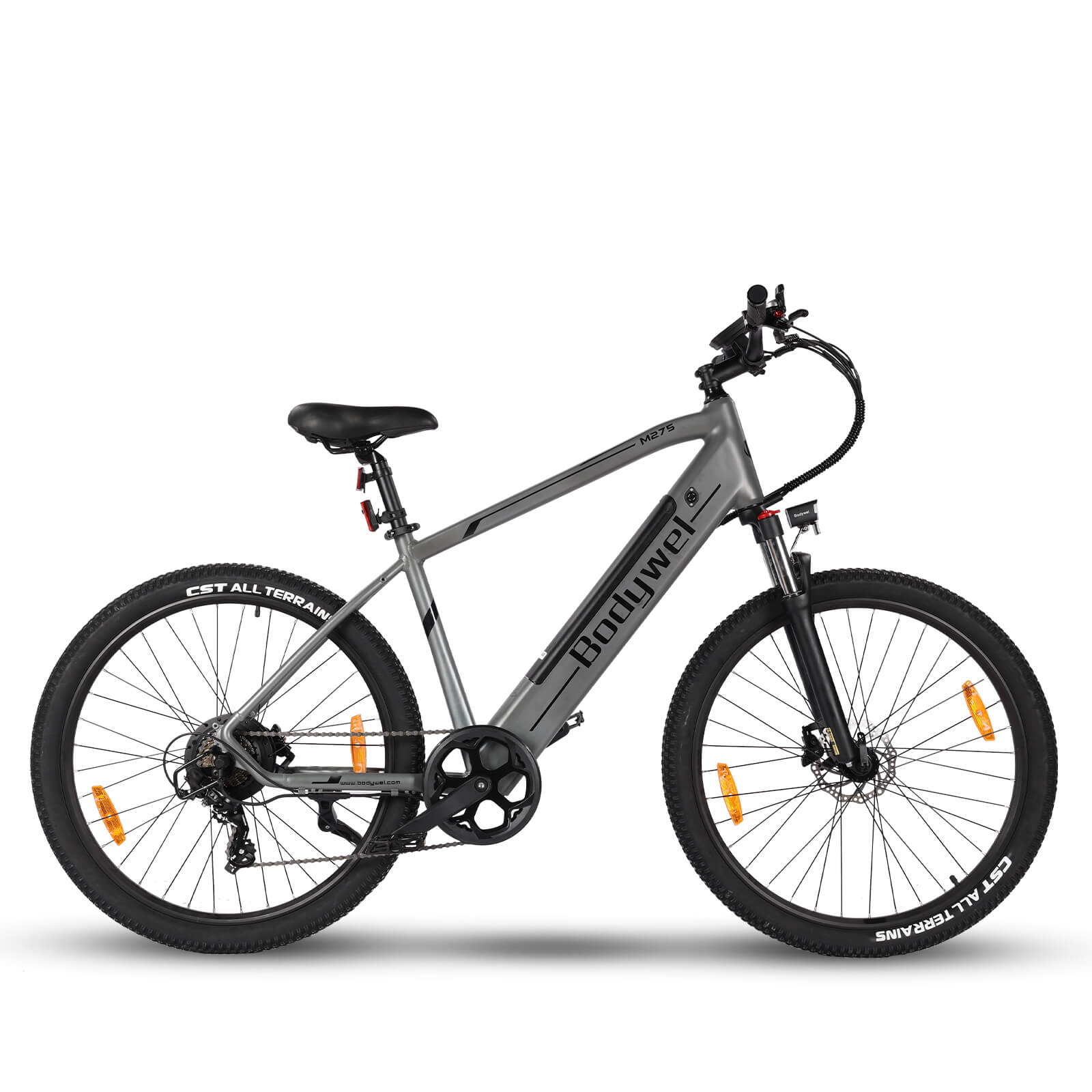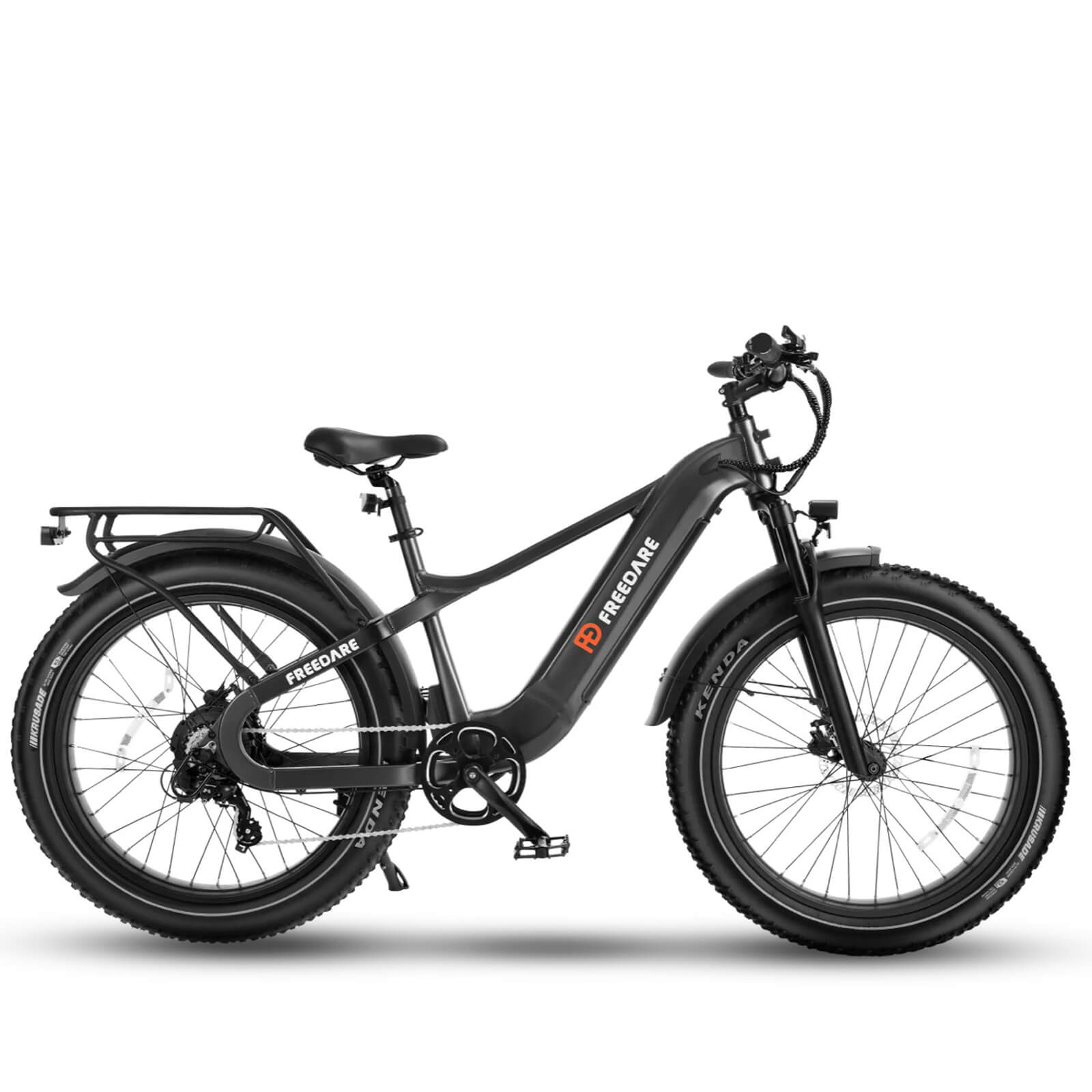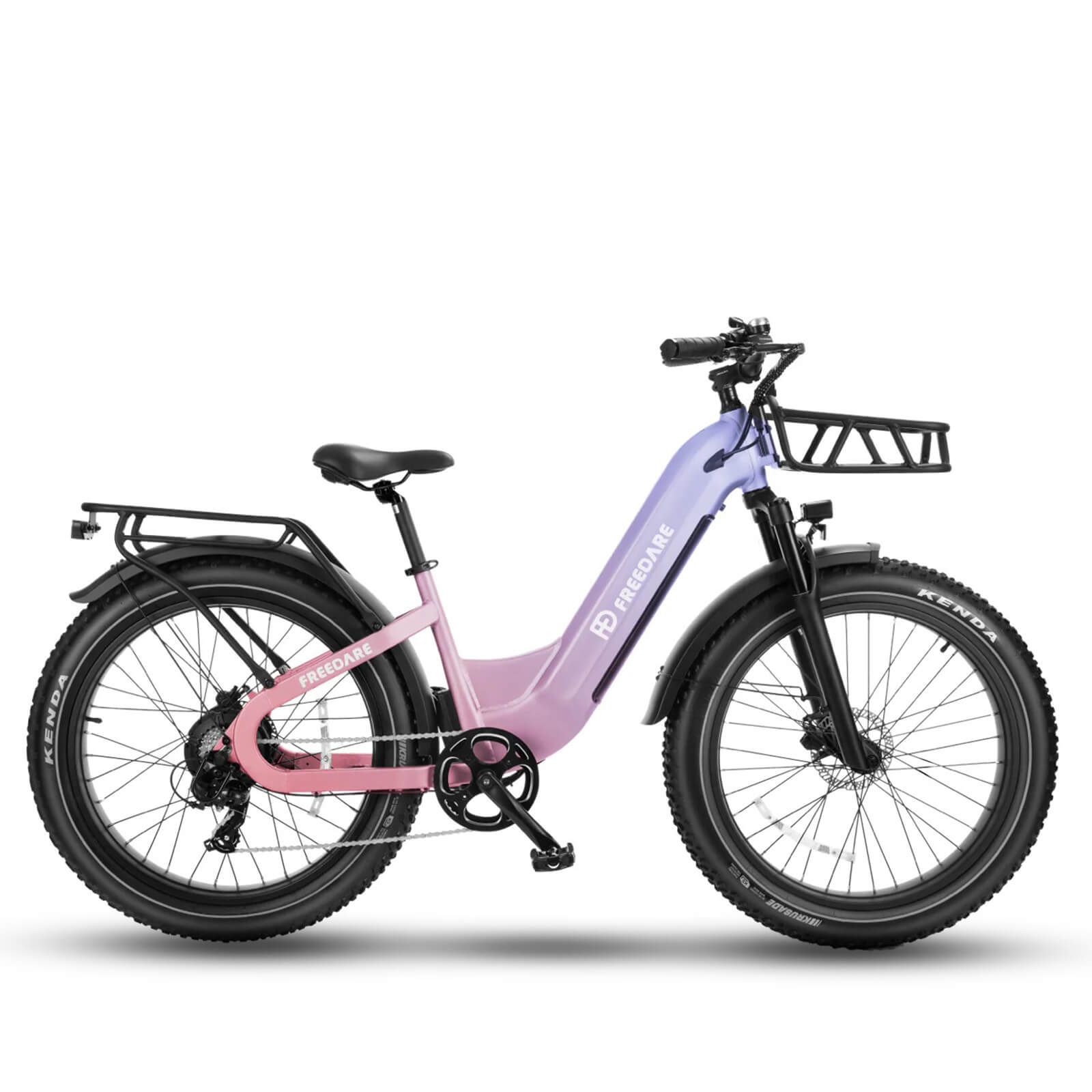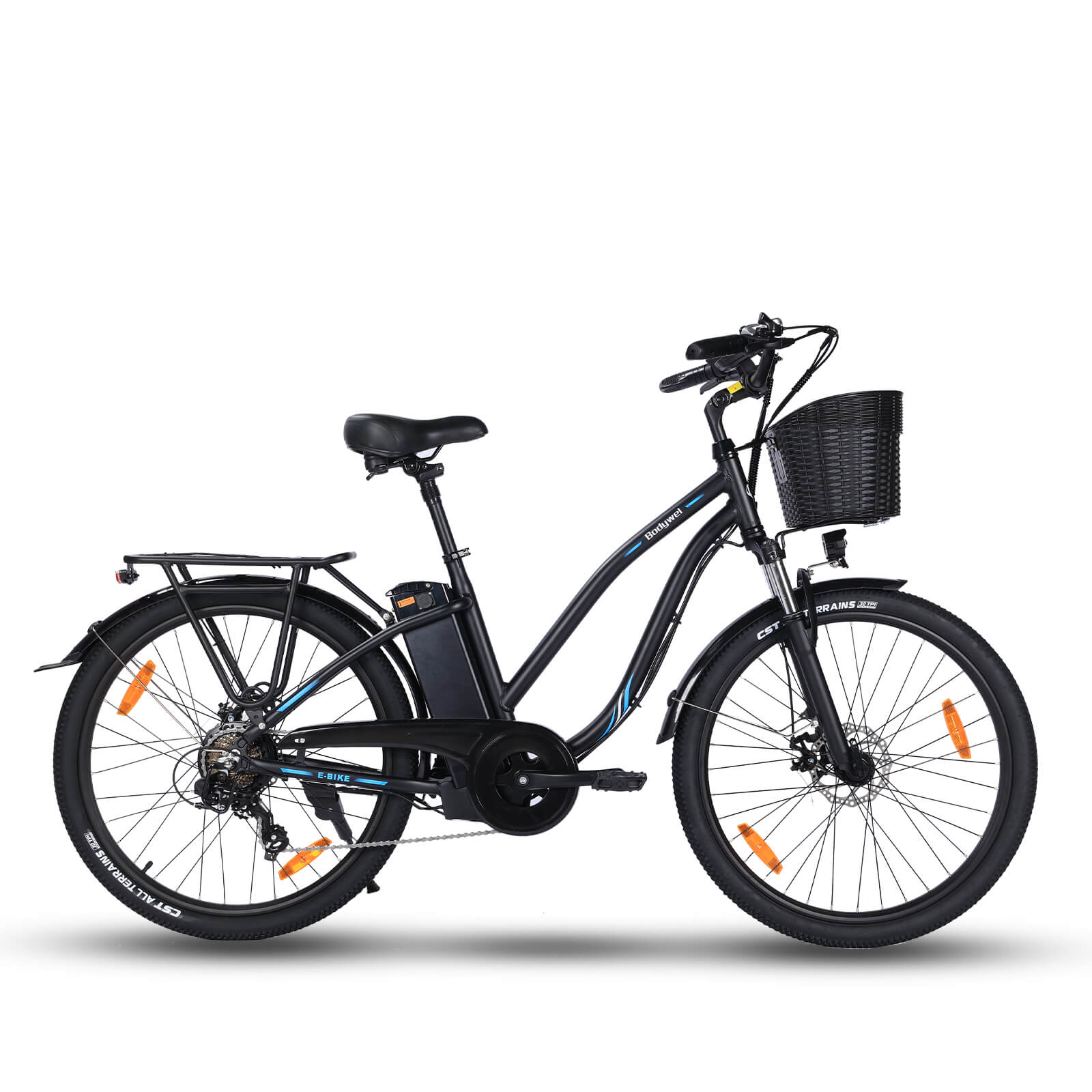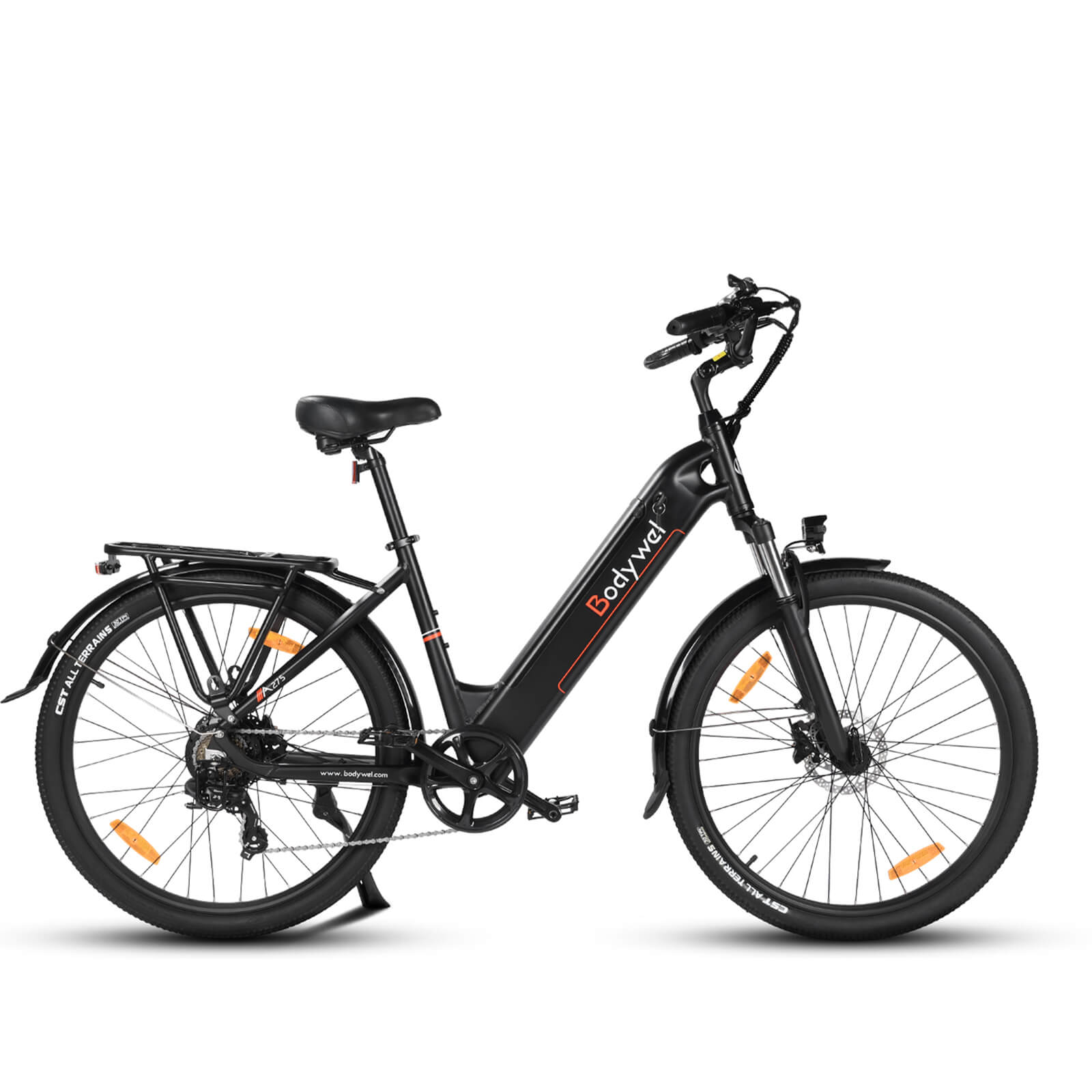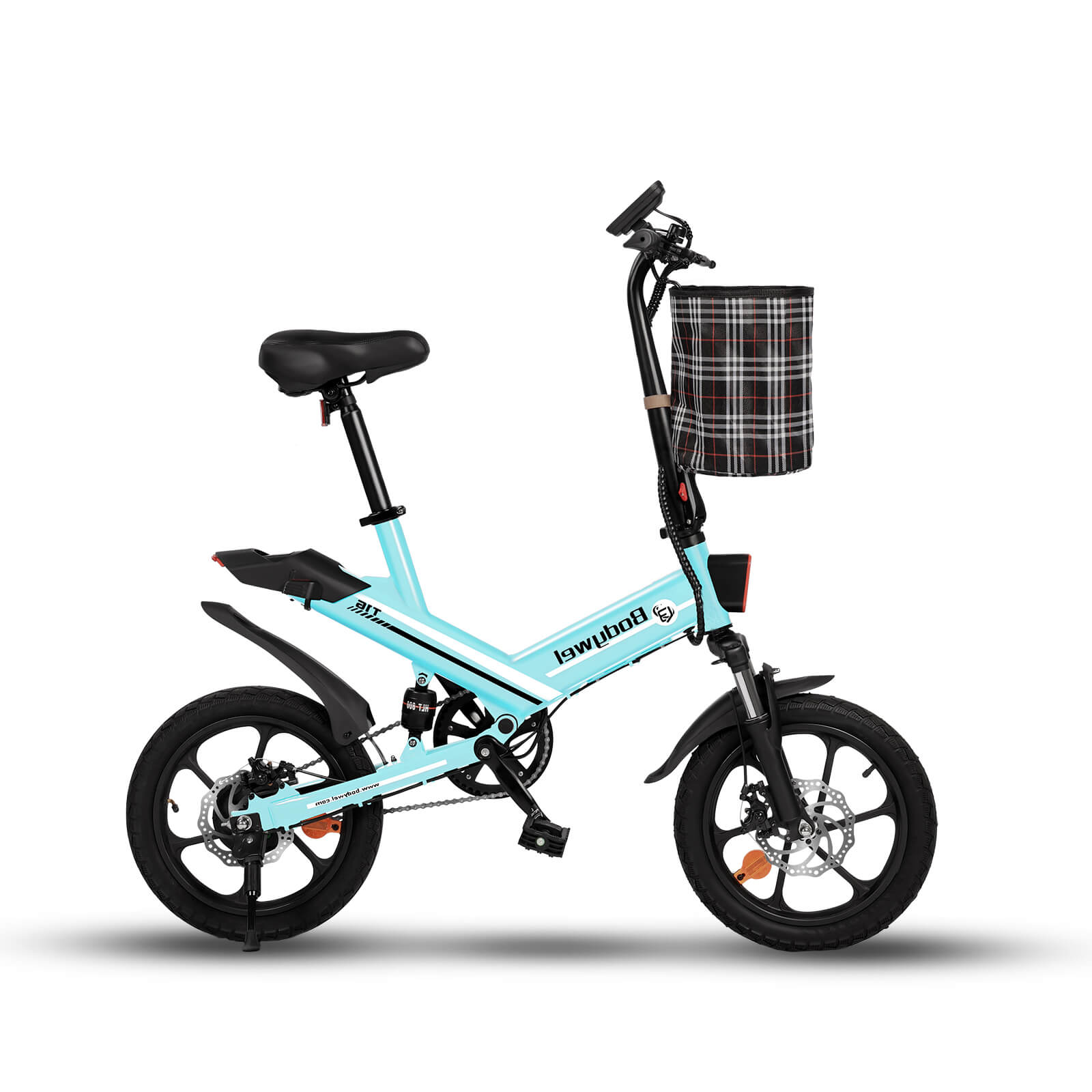5 Surprising Reasons Why E-Bikes Are Bad for You

While e-bikes are praised for convenience, they come with surprising downsides. From hidden health costs to environmental concerns, this article explores why they might not be the perfect choice for everyone.
Reduced Physical Effort
You might think e-bikes offer the same workout as regular bikes, but the pedal-assist feature significantly cuts down on physical exertion. Many riders end up relying heavily on the motor, which means they burn fewer calories and engage less muscle. Over time, this can reduce the overall health advantages of cycling.
Lower Cardiovascular Benefits
When you use an electric bicycle frequently, your heart may not get the same level of exercise as it would with traditional cycling. Studies suggest that consistent moderate-to-high intensity activity is key for cardiovascular health, and e-bikes often encourage a more relaxed pace. For example, a friend of mine switched to an e-bike and noticed her stamina dropped after just a few weeks!
Battery and Environmental Concerns
It’s easy to overlook the ecological footprint of e-bikes. The lithium-ion batteries they use require mining rare minerals, and improper disposal can harm the environment. According to EPA, recycling rates for these batteries remain low, adding to electronic waste. So, while e-bikes seem green, their life cycle tells a more complicated story.
Safety and Accident Risks
E-bikes can reach higher speeds with less effort, which sometimes leads to risky behavior. Riders might not be fully prepared to handle quick acceleration, especially in crowded areas. This increases the chance of accidents, both for the rider and pedestrians.
Higher Speed, Higher Danger
With speeds that can exceed 20 mph, e-bikes blur the line between bicycles and light vehicles. New riders, in particular, may struggle with control. I’ve heard stories of people taking sharp turns too fast and losing balance—something that doesn’t happen as often with traditional bikes.
High Maintenance and Cost
While e-bikes save on fuel, they come with steep upfront and maintenance costs. Repairs involving the motor or battery often require specialized technicians, which can be expensive and hard to find. Components like the display or controller are also prone to faults, adding to long-term ownership expenses.
Encouraging Dependency
One subtle downside of e-bikes is how they can make us dependent on technology. Instead of building fitness over time, riders might avoid any form of manual cycling altogether. This dependency reduces resilience and might discourage people from trying non-assisted activities, limiting overall physical adaptability.
- Tags: e bike disadvantages e bike problems e bike safety issues electric bike drawbacks why e bikes are bad
0 Kommentare




